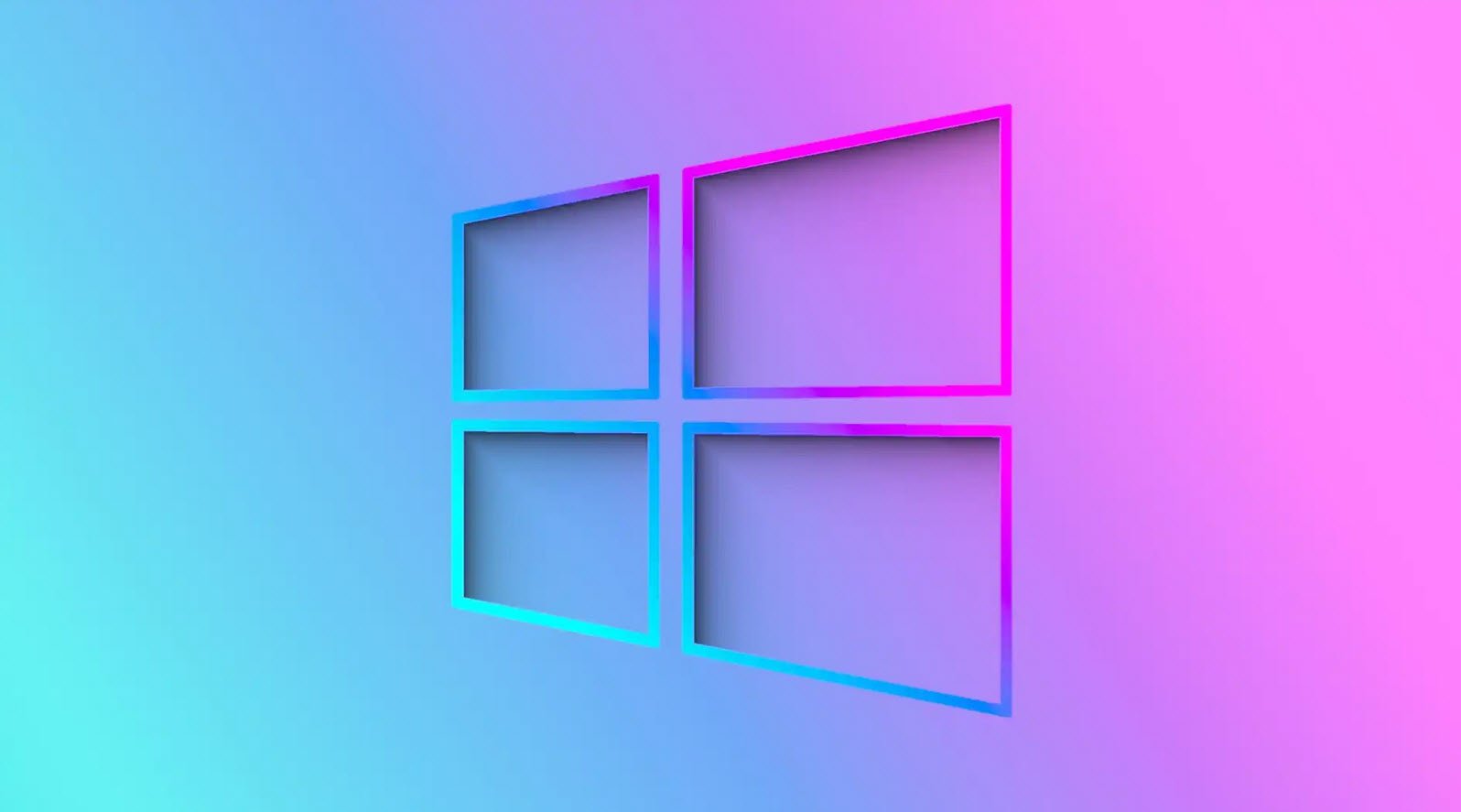
In the realm of network analysis, Wireshark stands as a go-to tool for capturing, inspecting, and decoding network packets. One of its most influential features is the ability to apply filters, allowing analysts to extract specific information from the vast amount of captured data. For TCP (Transmission Control Protocol), a cornerstone of modern networking, Wireshark offers an array of filters that aid in understanding TCP packet behavior.
In this article, we will delve into TCP Wireshark filters and explore how they facilitate TCP packet analysis.
Understanding TCP
Transmission Control Protocol (TCP) is a connection-oriented protocol that ensures reliable, ordered, and error-checked delivery of data between applications over an IP network. TCP employs a variety of flags, options, and headers to manage data flow, acknowledge receipt of packets, and handle congestion. Wireshark offers a wealth of TCP filters that allow analysts to sift through TCP traffic efficiently.
TCP Wireshark Filters
1. tcp.ack
Filter packets with the ACK (Acknowledgment) flag set. ACK packets indicate the receipt of data and are crucial for TCP’s reliability.
2. tcp.checksum_bad and tcp.checksum_good
Filter by TCP checksum status, identifying packets with either bad or good checksums. A bad checksum may indicate data corruption during transmission.
3. tcp.continuation_to
Filter packets marked as continuation frames, which are part of a fragmented PDU (Protocol Data Unit).
4. tcp.dstport and tcp.srcport
Filter by destination and source TCP port numbers, respectively.
5. tcp.flags
Filter packets based on TCP flags, such as ACK, CWR, ECN, FIN, PSH, RST, SYN, and URG.
6. tcp.flags.ack, tcp.flags.cwr, tcp.flags.ecn, tcp.flags.fin, tcp.flags.push, tcp.flags.reset, tcp.flags.syn, tcp.flags.urg
Filter by individual TCP flags to isolate packets with specific flag combinations.
7. tcp.hdr_len and tcp.len
Filter by the TCP header length and the total length of the TCP segment.
8. tcp.nxtseq and tcp.seq
Filter by the TCP next sequence number and sequence number, respectively, to aid in sequence analysis.
9. tcp.options
Filter packets with TCP options, providing additional features and information in the TCP header.
10. tcp.options.cc, tcp.options.ccecho, tcp.options.ccnew
Filter by TCP Congestion Control (CC) related options, facilitating congestion control mechanisms.
11. tcp.options.echo, tcp.options.echo_reply, tcp.options.md5, tcp.options.mss, tcp.options.mss_val
Filter by various TCP option types like Echo, Echo Reply, MD5, Maximum Segment Size (MSS), and their values.
12. tcp.options.qs, tcp.options.sack, tcp.options.sack_le, tcp.options.sack_perm, tcp.options.sack_re, tcp.options.time_stamp, tcp.options.wscale, tcp.options.wscale_val
Filter by other TCP options like Quick-Start (QS), Selective Acknowledgment (SACK), SACK-LE, SACK-Perm, SACK-RE, Timestamp, and Window Scaling (Wscale).
13. tcp.pdu.last_frame, tcp.pdu.size, tcp.pdu.time
Filter packets that represent the last frame of a Protocol Data Unit (PDU) and relevant details about the PDU.
14. tcp.segment, tcp.segment.error, tcp.segment.multipletails, tcp.segment.overlap, tcp.segment.overlap.conflict, tcp.segment.toolongfragment
Filters related to TCP segments, indicating errors, overlapping segments, or excessively long fragments.
15. tcp.reassembled_in
Filter to identify packets that are part of a reassembled TCP stream.
16. tcp.window_size and tcp.urgent_pointer
Filter by the TCP window size and urgent pointer values.
17. tcp.time_delta and tcp.time_relative
Filter by the time difference between packets and the relative time since the start of the TCP connection.
Conclusion
TCP Wireshark filters are indispensable tools for network analysts to dissect and understand TCP traffic in-depth. By using these filters, analysts can isolate and analyze specific TCP packets, revealing valuable insights into network behavior, performance issues, and potential security threats.
Understanding TCP Wireshark filters empowers network professionals to optimize network performance, troubleshoot connectivity problems, and ensure a secure and reliable network infrastructure.
You may also like:- How To Fix the Crowdstrike/BSOD Issue in Microsoft Windows
- MICROSOFT is Down Worldwide – Read Full Story
- Windows Showing Blue Screen Of Death Error? Here’s How You Can Fix It
- A Guide to SQL Operations: Selecting, Inserting, Updating, Deleting, Grouping, Ordering, Joining, and Using UNION
- Top 10 Most Common Software Vulnerabilities
- Essential Log Types for Effective SIEM Deployment
- How to Fix the VMware Workstation Error: “Unable to open kernel device ‘.\VMCIDev\VMX'”
- Top 3 Process Monitoring Tools for Malware Analysis
- CVE-2024-6387 – Critical OpenSSH Unauthenticated RCE Flaw ‘regreSSHion’ Exposes Millions of Linux Systems
- 22 Most Widely Used Testing Tools








